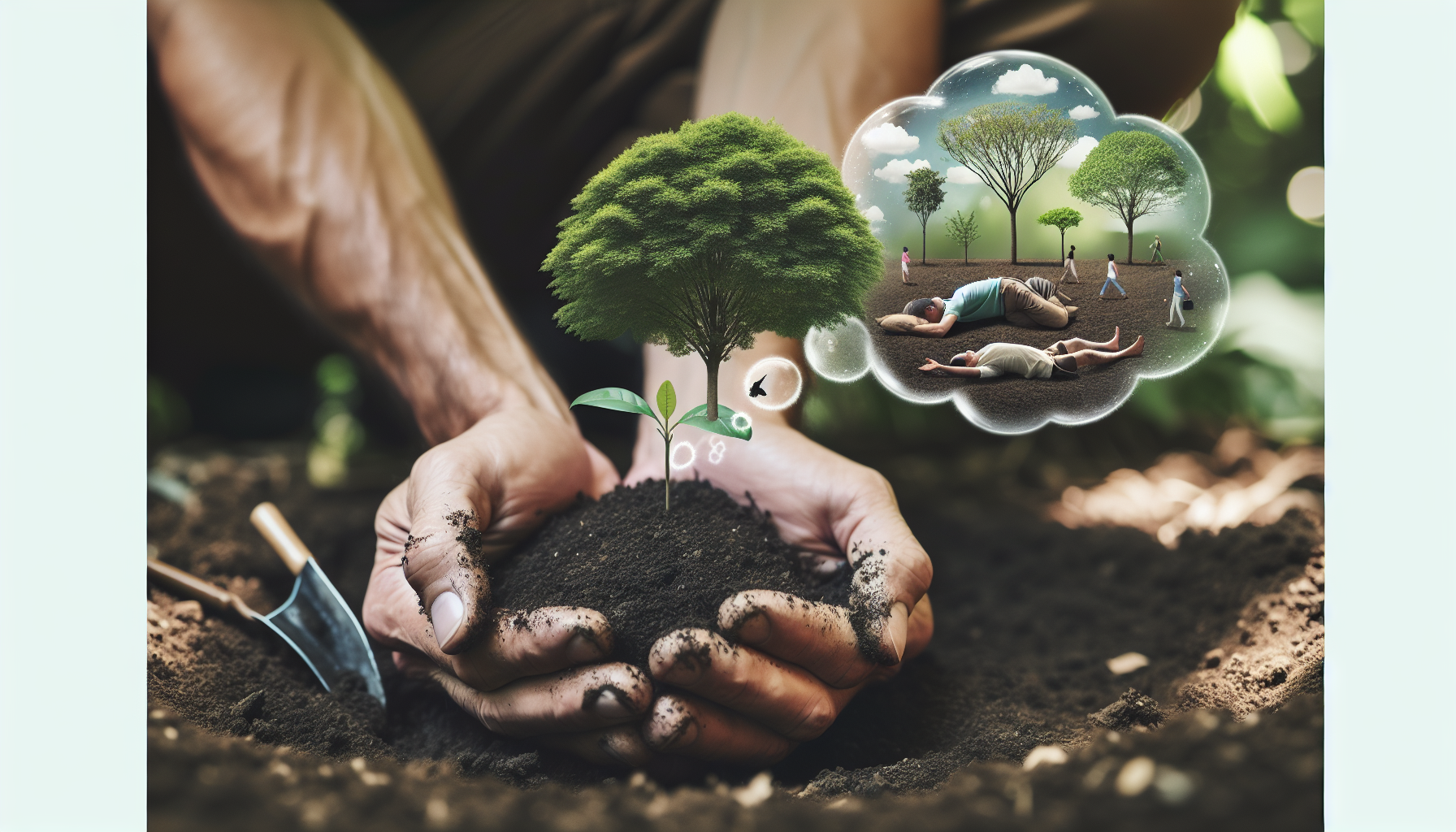The Role of Humor in Bridging Generational Gaps

Humor is a universal language, albeit one that is often flavored by the cultural and social context of its time. Each generation has its own set of comedic references, styles, and preferences. For instance, while today's youth may revel in memes and social media humor, older generations might find joy in classic sitcoms or stand-up routines. Despite these differences, the core purpose of humor remains consistent: to entertain, connect, and alleviate discomfort. One of the most engaging aspects of humor is its ability to create shared experiences. When families share a laugh—whether through a witty comment, a funny story from the past, or a joke passed down through the years—they cultivate a sense of belonging and unity. These shared moments become cherished memories that strengthen family ties. For example, a simple inside joke that develops during a family trip can become a cherished memory, evoking laughter for years to come.
Anecdotes That Resonate
Consider the classic family gathering scenario: the dinner table is set, and stories begin to flow. A grandparent might recount a story from their youth, peppered with humorous mishaps and punchlines. The laughter that ensues not only entertains but also serves as a bridge connecting the past to the present. For example, a grandmother might share a tale about her first date—complete with clumsy moments and unexpected twists. As she recalls the story, her grandchildren giggle at her youthful exuberance and the awkwardness she faced, creating a link between her experiences and their own. This exchange not only entertains but also fosters empathy and understanding, as younger generations gain insight into the lives of their elders. Such anecdotes remind families that while times change, the essence of human experience remains remarkably similar.
Jokes as Cultural Touchstones
Jokes often serve as cultural touchstones that can unify families across generations. For instance, a classic dad joke like, “Why did the scarecrow win an award? Because he was outstanding in his field!” transcends age barriers, eliciting groans and chuckles alike. These lighthearted moments can diffuse tension during family discussions or disagreements, reminding everyone that laughter is a shared experience. Moreover, humor can be a powerful tool for addressing sensitive topics. When discussing issues such as mental health or family dynamics, a well-placed joke can soften the seriousness of the conversation, allowing family members to express their thoughts and feelings more openly. This approach not only encourages dialogue but also reassures individuals that they are not alone in their experiences. For instance, a parent addressing the stress of school might use humor to illustrate their own struggles, creating an empathetic dialogue around shared pressures.
Fostering Connections Through Humor
To harness the power of humor in bridging generational gaps, families can actively create opportunities for comedic exchanges. Family game nights featuring trivia or storytelling games can encourage younger and older members to share their favorite jokes or funny anecdotes. Additionally, watching classic comedies together can provide a shared experience that sparks laughter and conversation. As families engage in these humorous activities, they also create a space for learning and growth. Younger generations can gain insight into the values and experiences of their elders, while older generations can learn about contemporary humor and cultural references. This reciprocal exchange not only strengthens relationships but also fosters a sense of respect and appreciation for each other's perspectives. For example, introducing a grandparent to viral TikTok trends might lead to humorous interpretations that resonate with younger family members, while the grandparents could share their favorite comedic films, creating a delightful cross-generational exchange.
In a world that often highlights differences, humor emerges as a powerful tool for connection. By recognizing the role of humor in bridging generational gaps, families can cultivate deeper relationships and foster a sense of belonging. Laughter, shared stories, and jokes passed down through the years create a tapestry of experiences that bind families together, ensuring that each generation can appreciate the richness of their shared history. Ultimately, embracing humor allows families to navigate the complexities of communication, creating a legacy of joy and understanding that transcends time. Just as laughter echoes through the ages, so too do the connections it fosters across generations, reminding us all that in the face of change, humor remains a steadfast and unifying force.
Family Therapist Specializing in Intergenerational Relationships
Private practices, community mental health centers, and family counseling organizations
Core Responsibilities
Conduct therapy sessions focusing on improving communication and understanding between different generations within families.
Develop and implement therapeutic strategies that utilize humor to ease tensions and facilitate discussions.
Required Skills
Master’s degree in psychology or social work, with a specialization in family therapy.
Strong interpersonal skills and the ability to foster a safe, supportive environment for open dialogue.
Experience with diverse family dynamics and familiarity with generational issues.
Comedic Writer for Family-Oriented Media
Television networks, digital content creators, and entertainment agencies
Core Responsibilities
Create engaging, humorous content aimed at bridging generational gaps for television shows, podcasts, or online platforms.
Collaborate with producers and directors to ensure comedic elements resonate with both younger and older audiences.
Required Skills
Proven experience in scriptwriting, preferably with a focus on family-oriented humor.
Strong understanding of different comedic styles across generations and ability to adapt writing accordingly.
Ability to conduct research on family dynamics and cultural references that resonate with diverse age groups.
Intergenerational Program Coordinator
Community centers, non-profit organizations, and educational institutions
Core Responsibilities
Design and implement programs that encourage interaction between different generations, using humor as a key engagement tool.
Organize events such as storytelling nights, comedy workshops, and game nights to facilitate bonding experiences.
Required Skills
Bachelor’s degree in social work, education, or a related field with experience in community engagement.
Excellent organizational and communication skills to coordinate between diverse age groups.
Creativity in developing activities that incorporate humor and foster connections.
Content Creator for Family Humor Platforms
Social media agencies, family-oriented websites, and entertainment companies
Core Responsibilities
Develop and share relatable, humorous content on social media platforms to engage families across generations.
Utilize trends and generational humor to create memes, videos, and articles that resonate with a broad audience.
Required Skills
Proficiency in digital content creation tools and social media management.
Strong writing and editing skills, particularly in crafting humor that appeals to various age groups.
Familiarity with current trends and the ability to adapt content for different platforms and audiences.
Educator in Intergenerational Communication
Educational institutions, community colleges, and adult education centers
Core Responsibilities
Teach courses or workshops focused on effective communication strategies across generations, integrating humor as a teaching tool.
Develop curriculum that explores the role of humor in fostering empathy and understanding between age groups.
Required Skills
Advanced degree in education, communication, or a related field, with experience in teaching or training.
Strong presentation and public speaking skills, with the ability to engage diverse audiences.
Knowledge of current generational communication challenges and effective strategies to address them.


